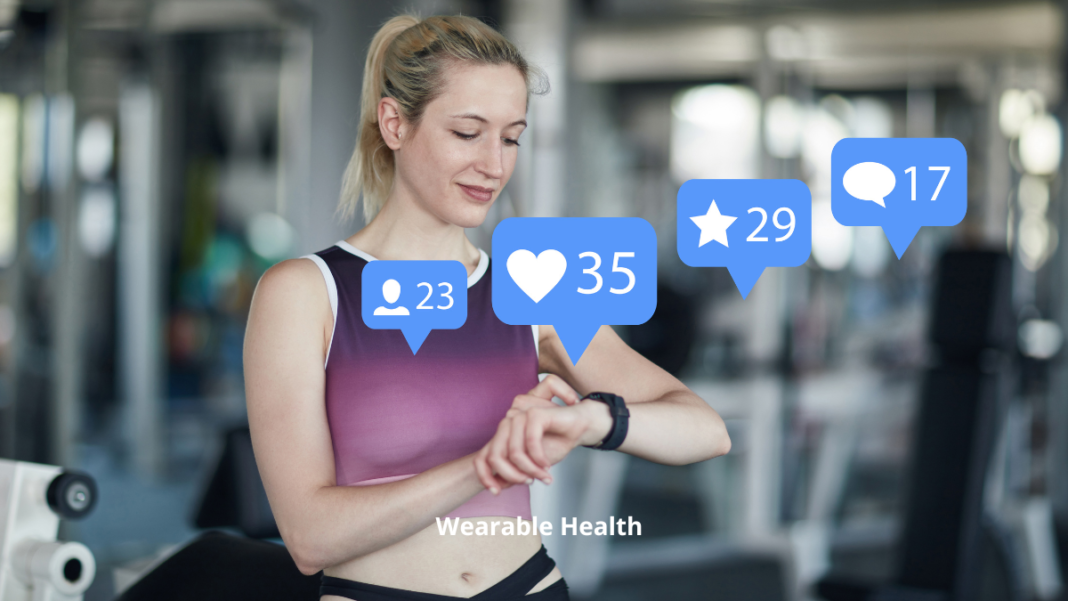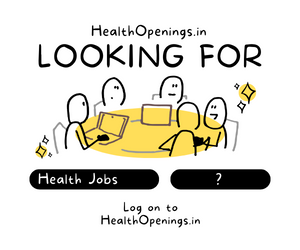In the fast-paced landscape of modern technology, the rise of wearable health technology has been nothing short of remarkable. These innovative devices, ranging from smartwatches to fitness trackers, have captured the collective imagination, promising to reshape how individuals engage with their well-being and healthcare. This article delves into the profound implications of wearable health technology, exploring its benefits, key features, success stories, and potential concerns.
Benefits of Wearable Devices
Wearable health technology represents a paradigm shift in how individuals approach their personal wellness. These devices act as continuous companions, offering real-time health insights that were once the domain of medical professionals. The allure lies in their multifaceted benefits, including health monitoring, activity tracking, sleep analysis, and heart rate monitoring. By seamlessly integrating into daily life, wearables empower individuals to become proactive managers of their health. They provide actionable data, enabling users to make informed decisions about their lifestyle, thereby fostering a holistic sense of well-being.
Key Features of Popular Health Wearables
Prominent brands like Fitbit, Apple Watch, and Garmin have spearheaded the wearable health technology revolution. These devices encompass an array of features that collectively paint a detailed picture of an individual’s health status. Step counting and calorie tracking offer insights into physical activity and energy expenditure, while GPS integration maps out exercise routes. Notably, some wearables have transcended the conventional to offer features like ECG monitoring, allowing for on-the-go heart health assessment. This convergence of diverse functions provides users with a comprehensive toolkit to monitor, manage, and optimize their health.
Success Stories and Applications
The real-world impact of wearable health technology cannot be overstated. Numerous success stories highlight its transformative potential. For instance, individuals struggling with weight loss have found renewed motivation and accountability through the gamification of health goals. By turning exercise into an engaging challenge and fostering a sense of community, wearables have turned the pursuit of fitness into an immersive experience.
Beyond weight management, wearables have emerged as crucial tools in the early detection of heart conditions. Countless users have reported instances where irregular heart rhythms flagged by their devices prompted them to seek medical attention, potentially averting life-threatening situations. Similarly, wearables have proven effective in managing sleep disorders. By tracking sleep patterns, users can identify anomalies and adjust their routines to improve sleep quality. These applications underscore the life-altering potential of wearable health technology.
Data Security and Privacy Concerns
Amidst the fervor surrounding wearable health technology, the critical issue of data security and privacy looms large. As wearables collect an intimate trove of health-related information, safeguarding this data is paramount. Manufacturers and developers must demonstrate unwavering commitment to robust encryption and authentication measures. Ensuring that sensitive health information remains shielded from prying eyes is not only a legal imperative but a moral obligation. Striking a balance between the convenience of data access and the inviolability of personal privacy is an ongoing challenge that must be met head-on.
In the tapestry of modern innovation, wearable health technology emerges as a vibrant thread, weaving together personal wellness, advanced technology, and medical insights. Its meteoric rise underscores the hunger for greater agency over one’s health and the desire to integrate cutting-edge tools into everyday life. The potential of wearable health technology to enhance personal wellness is palpable, with its capacity to offer real-time data, support behavior change, and catalyze early medical intervention. As technology continues its inexorable march forward, wearable health devices are poised to ascend to even greater prominence, ultimately assuming a central role in the landscape of proactive healthcare management. Embracing these devices offers not only a window into individual well-being but a transformative journey toward healthier, more empowered lives.




